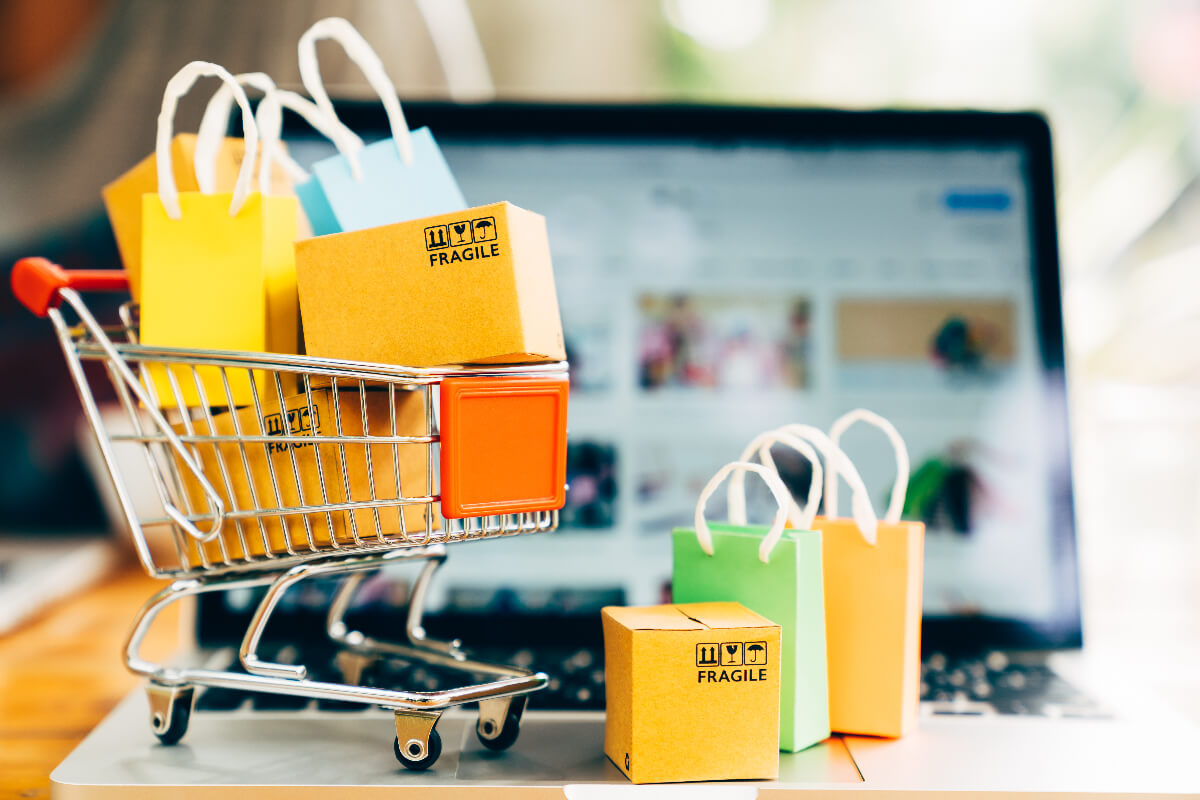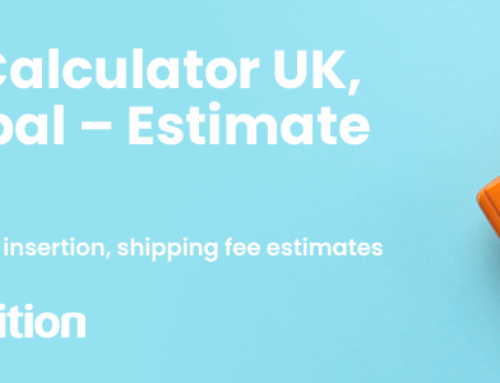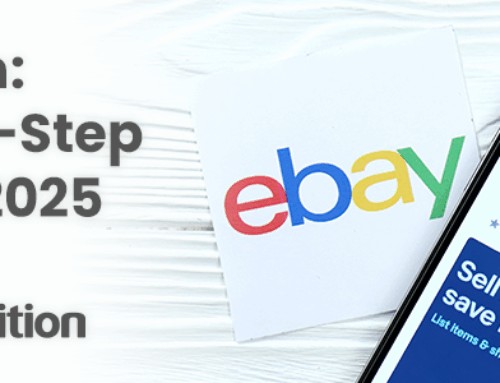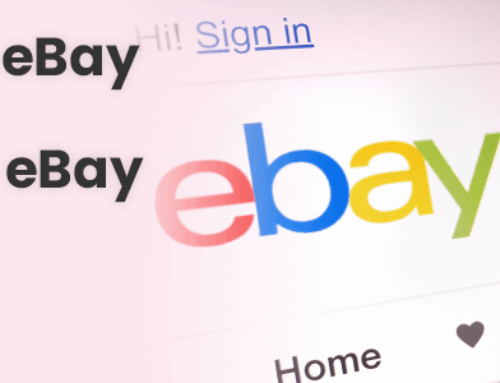
As you would expect in any high-tech industry, the eCommerce landscape is a rapidly evolving space. Unfortunately, the speed of change often means that the “next big thing” can be with us one minute and then gone the next. This can make it difficult for online retailers to prioritise where they should invest their efforts. So, if you struggle to understand where items like cryptocurrency payments or an investment in the metaverse sit on your list of priorities, you’re not alone. But what would you say if we told you that the next big thing in eCommerce was something you are already very familiar with?
The Future of eCommerce Looks A Lot Like eBay and Amazon
With many retailers viewing online marketplaces like eBay and Amazon as a first step into eCommerce, it’s easy to forget about all the innovation happening in the sector.
- Consumer Trust: Investments in consumer trust, such as eBay’s authentication services for sneakers, handbags, watches, and trading cards, are making the internet a safer place for buyers and sellers, benefiting everyone.
- Fulfilment: Investments in fulfilment are making it easier for online retailers to scale up and down to meet customer demand and manage costs, staffing levels, and customer service issues.
- Cross-Border Shipping: Investments in cross-border shipping have made it easier for UK retailers to ship globally following Brexit.
- Listing Optimisation: Investments in listing optimisation technology take the guesswork out of how you should list your items for maximum impact.
- The Circular Economy: Investments in the circular economy and environmental policies are helping marketplaces like eBay re-discover their niche and attract new customers.
- Business Funding: Investments in business funding create opportunities for small and even micro businesses to find alternative sources of financing that wouldn’t usually be available to them through banks and other traditional financial service providers.
- Technology: Investments like Amazon’s recent acquisition of Veeqo demonstrate how the big boys in the online marketplace game view the importance of multi-channel commerce. Watch this space – this has the potential of being very disruptive.
Online Marketplaces: A Brief History
eBay and Amazon’s marketplace have long and illustrious histories, stretching back 27 and 22 years, respectively. While many early look-a-like online marketplaces fell by the wayside (QXL, Yahoo), many others have more successfully followed in their wake. The likes of Etsy and Not On The High Street have found success in their own lucrative niches. Meanwhile, Walmart continues to shake up the market, while (in the UK) OnBuy appears to be a credible threat to Amazon and eBay’s market share (watch this space).
It would also be remiss not to mention that Alibaba, the world’s largest eCommerce site earning around $109 billion in 2021, is most definitely a marketplace business. And we haven’t even mentioned the likes of Google’s Playstore or Apple’s App Store, which are essentially marketplace businesses. Likewise, Udemy, Spotify, Fiverr, and the list goes on; are all marketplace operations.
New Names Finding Success With Online Marketplaces
Both eBay and Amazon heavily invested in a mobile-first strategy from the earliest days of the smartphone. This was an incredibly savvy move that predicted where eCommerce was heading. New entrants to the online marketplace arena, including Vinted and Depop, have similarly adopted that mobile-first, app-based strategy as well as going head-to-head with eBay in the pre-loved fashion vertical.
But Vinted and Depop aren’t the only new entrants to the online marketplace space, and there’s a good chance you’ve heard of some of the movers and shakers in the industry.
French tech firm Mirakl has helped more than 300 companies build marketplace businesses, including brands like Best Buy, Urban Outfitters, Office Depot, Decathlon, Superdrug, and B&Q.
B&Q has leveraged its marketplace business to add 100,000 new SKUs from approximately 200 retail partners to its online offering. In addition, the DIY store recently announced that its marketplace business drove 8% of the DIY store’s online sales in August 2022, demonstrating the value proposition of the online marketplace model.
Are You Investing in Your Online Marketplace Business?
Whether you’ve been selling on online marketplaces for many years or are relatively new to the channel, the sector is clearly in rude health.
Your continued success on online marketplaces depends on your continued investment in listing optimisation, product sourcing, branding and design, and the marginal gains afforded to you by spreading your risk across multiple marketplaces.
To learn more about how Frooition can help you maximise your opportunity on online marketplaces, book a 15-minute discovery call with one of our online marketplace experts.








